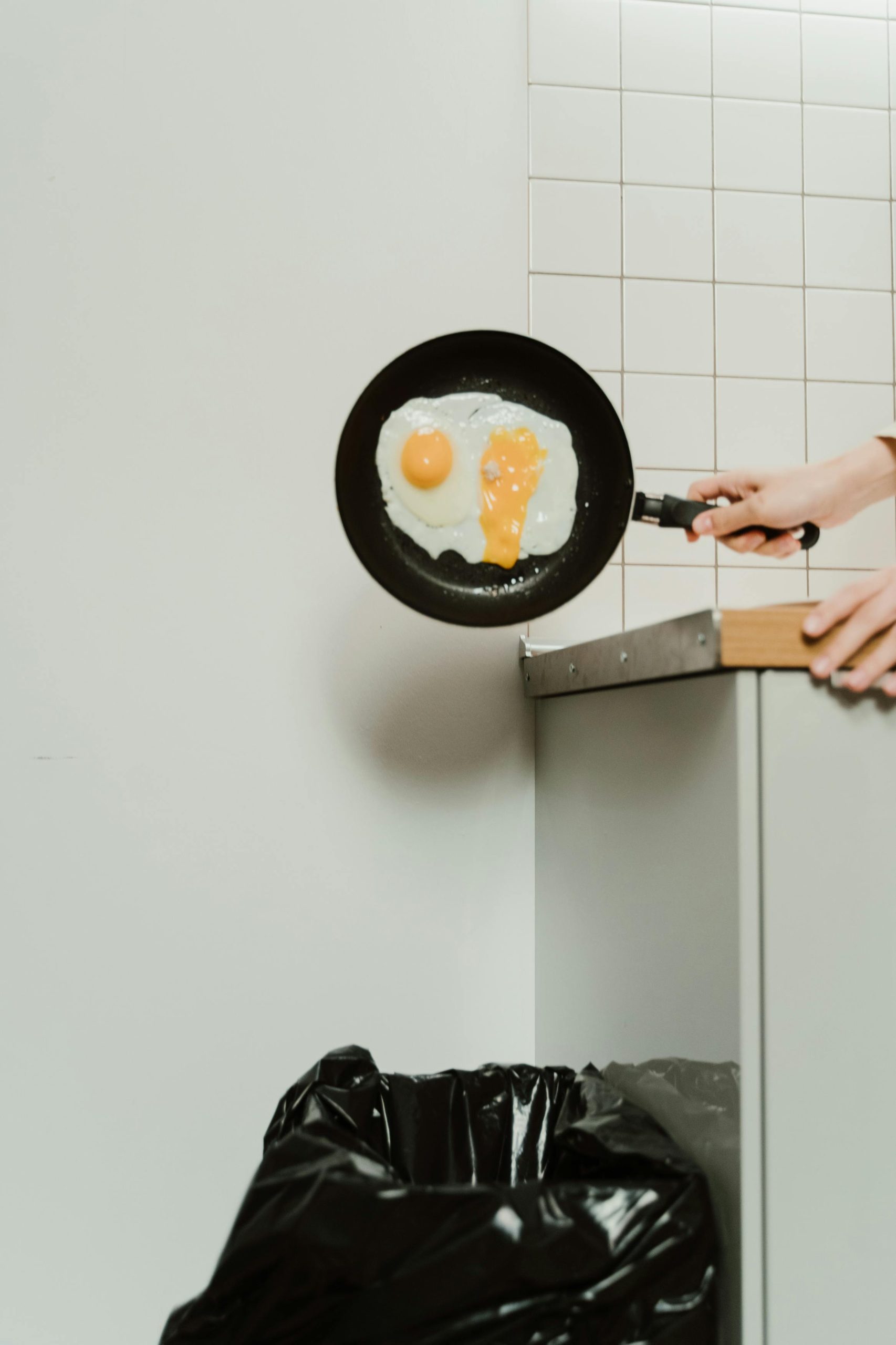What are some effective ways to teach someone to cook without wasting food? I’m looking for practical tips or methods that can help a complete beginner develop their cooking skills beyond just following recipes or merely observing me. Any suggestions?

How do I practically teach another person how to cook?
Comments
One response to “How do I practically teach another person how to cook?”
-
Teaching someone to cook can be a rewarding experience! Here are some practical tips and methods to help a complete beginner become a decent cook without wasting food:
-
Basic Kitchen Skills: Start with the fundamentals. Teach them how to use kitchen tools safely (knives, graters, etc.), how to measure ingredients accurately, and fundamental cooking techniques (boiling, sautéing, baking).
-
Simple Ingredients: Choose versatile ingredients that can be used in multiple recipes. For instance, teach them to cook with chicken, rice, and vegetables that can be prepared in various ways. This will minimize waste and maximize their ability to create different dishes.
-
Small Batches: Encourage them to cook in small batches. This practice reduces waste and allows them to practice repeatedly without the pressure of overcooking.
-
Ingredient Substitution: Teach them about ingredient substitutions. If they don’t have a specific item, show them how to make do with what they have, or how to adjust recipes based on available ingredients.
-
Hands-on Practice: Rather than just watching you cook, encourage hands-on practice. You can take turns cooking a dish together, guiding them while they do the actual cooking.
-
Focus on Techniques: Instead of focusing strictly on recipes, concentrate on teaching specific techniques. For example, show them how to properly dice an onion, how to sear meat, or how to boil pasta.
-
Encourage Experimentation: Once they grasp the basics, encourage them to experiment with flavors and ingredients. This can build their confidence and help them understand cooking intuitively.
-
Cooking Together: Cook together using a less formal approach. Make it a fun experience where you both can chat and share stories while preparing a meal. This keeps the atmosphere relaxed and engaging.
-
Post-Cooking Reflection: After preparing a dish, discuss what worked, what didn’t, and what they would change next time. This encourages critical thinking about their cooking experiences.
-
Practice Meal Planning: Teach them how to plan meals for the week, considering ingredients they already have and trying to incorporate leftovers creatively.
-
Emphasize Safety and Cleanliness: Stress the importance of kitchen safety and cleanliness, including safe food storage and proper sanitation practices.
Encourage patience and remind them that mistakes are part of the learning process. With time, they’ll gain confidence and develop their own cooking style!
-
Leave a Reply
You must be logged in to post a comment.